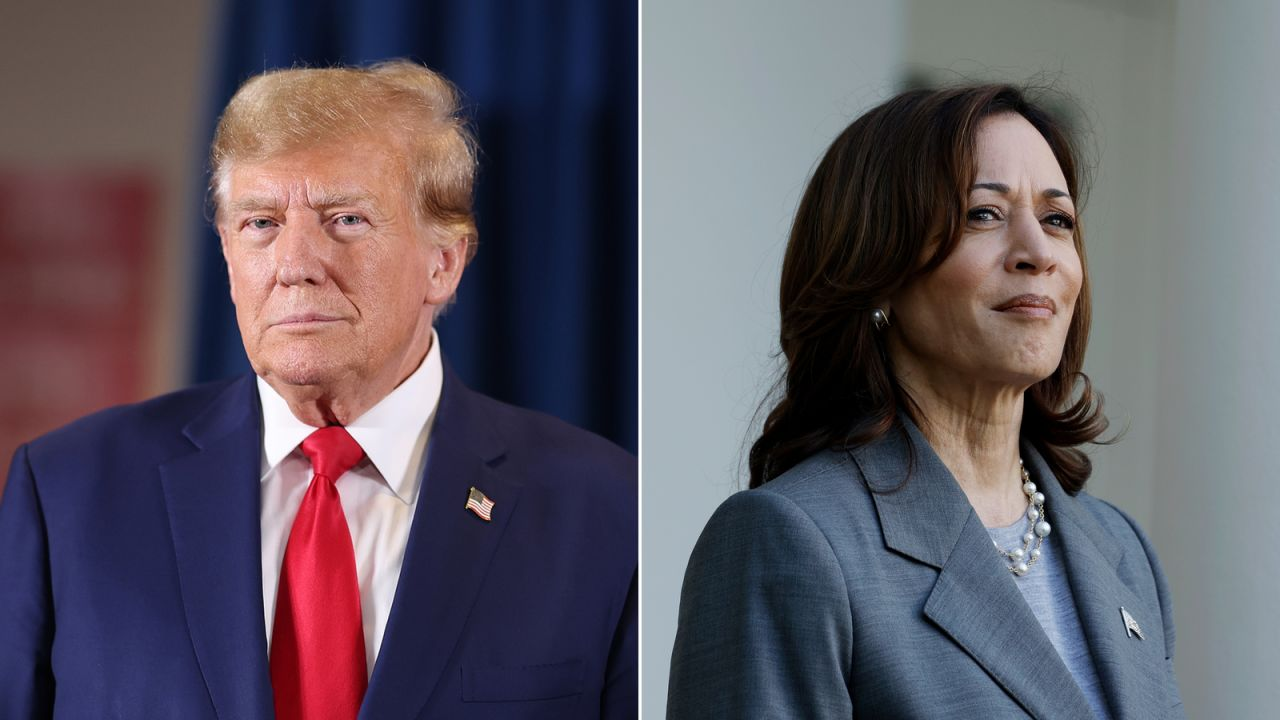As the U.S. presidential election between Vice President Kamala Harris and former President Donald Trump approaches, global markets are closely watching the outcome. This election is poised to have significant impacts across regions and sectors, influencing trade, currencies, equities, and emerging markets. Below are some of the most important considerations for global markets:
1. European Markets and Trade Relations
A Trump victory could reignite trade tensions, particularly affecting European markets. German automakers like BMW and luxury goods manufacturers such as LVMH may face a challenging outlook if Trump imposes his proposed 10-20% tariffs on imports to the U.S. Barclays has warned that such tariffs could lead to a “high single-digit” percentage drop in European earnings, posing risks to export-heavy sectors.
On the other hand, a Harris win would be relatively more favorable for European equities, especially in sectors like renewable energy. Companies with significant U.S. projects, such as Orsted and Iberdrola, could see benefits from the U.S. push toward cleaner energy. However, Harris’ proposed corporate tax hike, from 21% to 28%, could impact profit margins for both American and European firms with U.S. exposure.
2. Impact on the War in Ukraine
The U.S. election outcome could have broad geopolitical implications, particularly regarding support for Ukraine in its war against Russia. Trump and some Republican lawmakers have voiced skepticism over continued U.S. funding for Ukraine, which could disrupt aid to the country. In contrast, the Democratic side, led by Harris, is likely to maintain or increase support for Ukraine. Aerospace and defense stocks, which have risen over 80% since the onset of the war in 2022, could be particularly sensitive to this issue.
3. Currency Market Movements
Currency markets are bracing for potential swings depending on the election result. Under a Trump presidency, higher tariffs would likely weigh down the euro, with the EUR/USD exchange rate potentially falling to $1.05. A Harris victory, by contrast, could push the euro above $1.15 as markets anticipate fewer disruptions to global trade.
Additionally, currencies tied to trade with China, such as the Australian and New Zealand dollars, could suffer under a Trump victory due to heightened tariffs. Sweden’s and Norway’s currencies may also be vulnerable to global trade disruptions, while the Canadian dollar might face headwinds if a Harris win leads to expectations of slower U.S. economic growth.
4. China and Global Trade Dynamics
China is a significant player in the global economy, and the U.S.-China relationship is central to world trade dynamics. A Trump win could lead to an escalation of trade wars, which would likely cause U.S. investors to further retreat from Chinese assets. Tariffs and sanctions on Chinese companies could be severe, with estimates suggesting a 60% tariff under Trump could cause Chinese stocks to drop by 13%.
Conversely, Harris is expected to take a more measured approach, with targeted tariffs rather than sweeping economic policies. If Beijing anticipates new U.S. tariffs, it may respond with increased state spending to counterbalance trade losses, potentially providing short-term relief to the Chinese economy.
5. Emerging Markets Under Pressure
Emerging market (EM) equities have been underperforming developed markets for much of the past decade, but they are now showing signs of recovery. Falling U.S. interest rates and easing inflation have created an environment conducive to EM growth. However, a Trump victory, accompanied by the resurgence of global tariffs, could suppress this optimism.
Mexico, given its strong trade ties with the U.S., stands to lose the most under Trump. The Mexican peso, already sensitive to U.S. election news, could face further pressure if Trump reintroduces aggressive trade policies. JPMorgan and UBS have cautioned against taking large positions in EM assets until the election risk passes, with UBS warning of potential 11% losses in EM equities by 2025 if Trump’s tariffs materialize.
Conclusion
The upcoming U.S. presidential election is pivotal for world markets, with the outcome likely to shape global trade, currency markets, and investor sentiment in significant ways. European markets may brace for renewed trade tensions under Trump, while a Harris victory would offer a steadier, more progressive path for global commerce. China remains at the heart of the U.S. trade conflict, with risks on both sides, and emerging markets, particularly those heavily reliant on trade with the U.S., face an uncertain future.


















